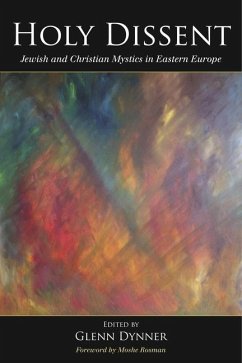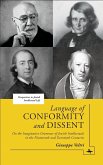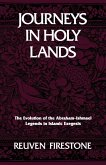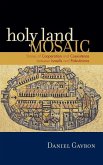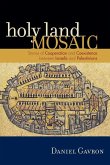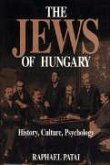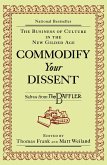BThe religious communities of early modern Eastern Europe-particularly those with a mystical bent-are typically studied in isolation. Yet the heavy Slavic imprint on Jewish popular mysticism and pervasive Judaizing tendencies among Christian dissenters call into question the presumed binary quality of Jewish-Christian interactions. In Holy Dissent: Jewish and Christian Mystics in Eastern Europe, editor Glenn Dynner presents twelve essays that chart contacts, parallels, and mutual influences between Jewish and Christian mystics. With cutting-edge research on folk healers, messianists, Hasidim, and Christian sectarians, this volume presents instances of rich cultural interchange and bold border transgression. Holy Dissent is divided into two sections: "Jewish Mystics in a Christian World" and "Christianizing Jews, Judaizing Christians." In these essays, readers learn that Jewish and Christian folk healers consulted each other and learned from common sources; that the founder of Hasidism, Rabbi Israel Ba'al Shem Tov, likely drew inspiration from Christian ascetics; that Christian peasants sought and obtained audience with Hasidic masters; that Jewish mystics openly Christianized; and that Christian mystics openly Judaized. In contrast to prevailing models that present Jewish and Christian cultures as either rigidly autonomous or ambiguously hybrid, Holy Dissent charts specific types of religio-cultural exchange and broadens our conception of how cultures interact. The scholarship in this volume is notably fresh and significant and makes an important contribution across disciplines. Jewish and Christian studies scholars as well as historians of Eastern Europe will benefit from the analysis of Holy Dissent.
Hinweis: Dieser Artikel kann nur an eine deutsche Lieferadresse ausgeliefert werden.
Hinweis: Dieser Artikel kann nur an eine deutsche Lieferadresse ausgeliefert werden.

